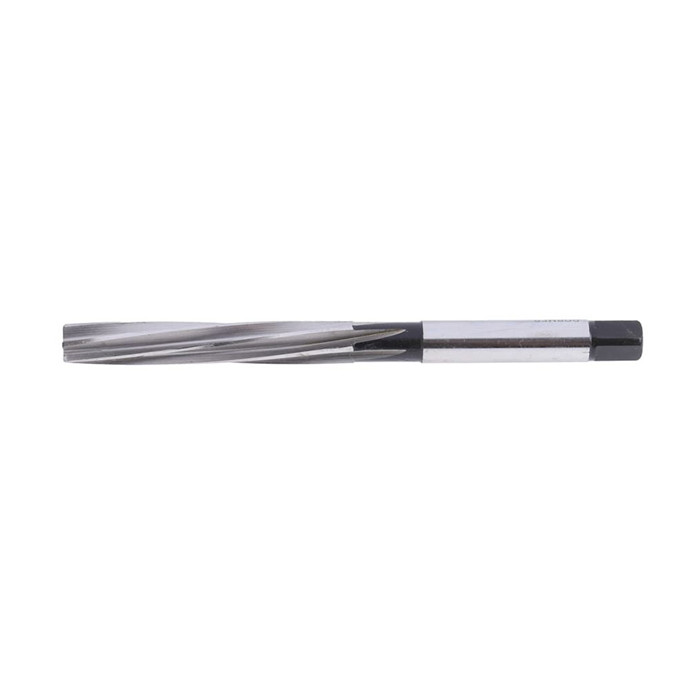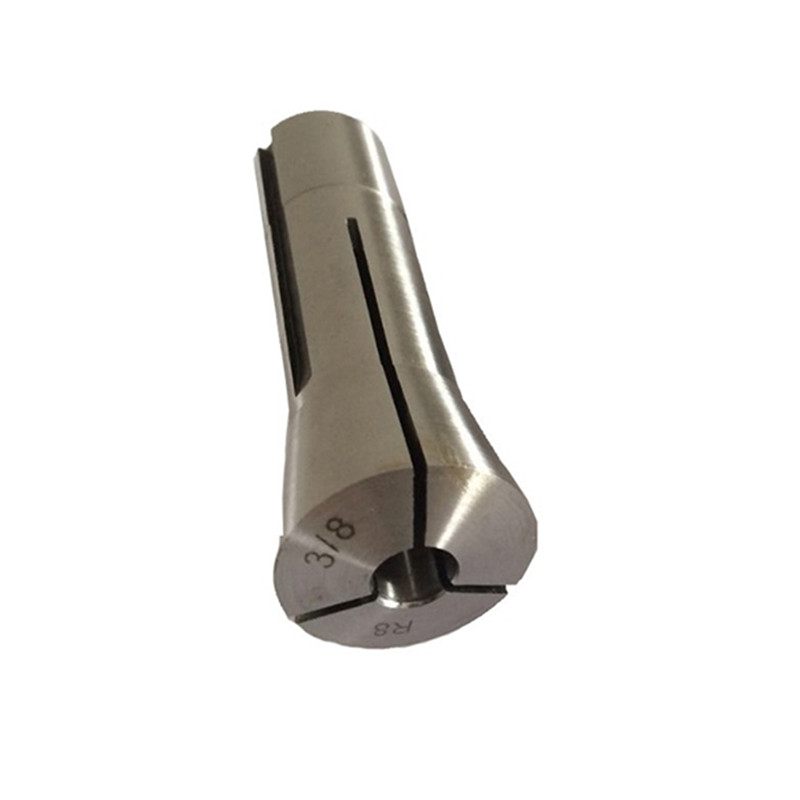thread gauge Manufacturer
Finding a reliable thread gauge manufacturer is crucial for ensuring the accuracy and quality of threaded components. This guide explores the different types of thread gauges, key considerations when choosing a manufacturer, and factors influencing the cost of these essential measuring tools.
Understanding Thread Gauges
Thread gauges are precision instruments used to measure the dimensions of screw threads, ensuring they meet specified standards. Accurate thread gauges are essential for quality control in manufacturing, preventing assembly issues, and ensuring the longevity of threaded connections. They are essential tools in industries ranging from aerospace to automotive to plumbing.
Types of Thread Gauges
Several types of thread gauges are available, each designed for specific applications:
- Plug Gauges: Used to inspect the internal threads of nuts and tapped holes. They typically come in a 'go' and 'no-go' configuration.
- Ring Gauges: Used to inspect the external threads of bolts and screws. Similar to plug gauges, they also often come in 'go' and 'no-go' versions.
- Thread Measuring Wires: Used with a micrometer to precisely measure the pitch diameter of a thread.
- Thread Comparators: Used for quickly comparing a thread to a master thread standard.
- Adjustable Thread Ring Gauges: Allow for minor adjustments to compensate for wear.
- Taper Thread Gauges: Designed for tapered pipe threads (e.g., NPT, NPTF).
Choosing the Right Thread Gauge Manufacturer
Selecting the right thread gauge manufacturer is a critical decision. Consider the following factors:
Experience and Expertise
Look for a manufacturer with a proven track record in producing high-quality thread gauges. A longer history often indicates a deeper understanding of the manufacturing processes and materials involved. Wayleading Tools, with years of experience, specializes in providing precision measuring tools.
Certifications and Standards
Ensure the manufacturer complies with relevant industry standards, such as ISO 9001 or ANSI standards. Compliance ensures the thread gauges meet established accuracy and quality requirements.
Materials and Manufacturing Processes
The quality of the materials used in the thread gauge significantly impacts its durability and accuracy. High-quality tool steel, properly hardened and tempered, is essential. Precision grinding and lapping processes are also crucial for achieving accurate thread forms. Wayleading Tools uses premium materials and advanced manufacturing techniques to ensure the longevity and precision of its thread gauges.
Customization Options
If you require thread gauges for specific or non-standard threads, choose a manufacturer that offers customization options. This ensures the thread gauge perfectly matches your unique requirements.
Calibration and Traceability
A reputable thread gauge manufacturer should offer calibration services and provide documentation to ensure traceability to national or international standards. This is essential for maintaining quality control and compliance.
Factors Affecting Thread Gauge Costs
The cost of a thread gauge can vary depending on several factors:
- Type of Gauge: More complex gauges, such as those for tapered threads or with adjustable features, typically cost more.
- Size and Thread Form: Larger gauges or those with unusual thread forms will likely have a higher price.
- Material: The type of tool steel used affects the cost, with higher-grade steels commanding a premium.
- Accuracy Grade: Higher accuracy grades require more precise manufacturing processes, resulting in a higher cost.
- Customization: Custom thread gauges will generally be more expensive than standard, off-the-shelf options.
- Quantity: Ordering in bulk can often result in volume discounts. Contact Wayleading Tools, visit www.wayleading.com, to discuss your volume requirements.
Maintaining Your Thread Gauges
Proper care and maintenance are essential for prolonging the life of your thread gauges and ensuring their accuracy. Clean the gauges regularly with a lint-free cloth and a suitable cleaning solvent. Store them in a dry, protected environment to prevent rust and damage. Periodically recalibrate your thread gauges to maintain their accuracy. Consider contacting Wayleading Tools for recalibration services.
Thread Gauge Tolerance Standards
Understanding tolerance standards for thread gauges is vital for ensuring accurate measurements. Here's a brief overview:
| Standard | Description |
|---|---|
| ISO 1502 | International standard for screw threads and thread gauges. Specifies dimensions, tolerances, and gauging practices. |
| ASME B1.2 | American standard that covers screw thread gauges and gauging practices for unified inch screw threads. |
| DIN Standards | German standards organization; offers various standards related to screw threads and gauges, similar to ISO standards. |
Note: Always refer to the official standard documentation for complete and up-to-date information.
Related products
Related products
Best selling products
Best selling products-
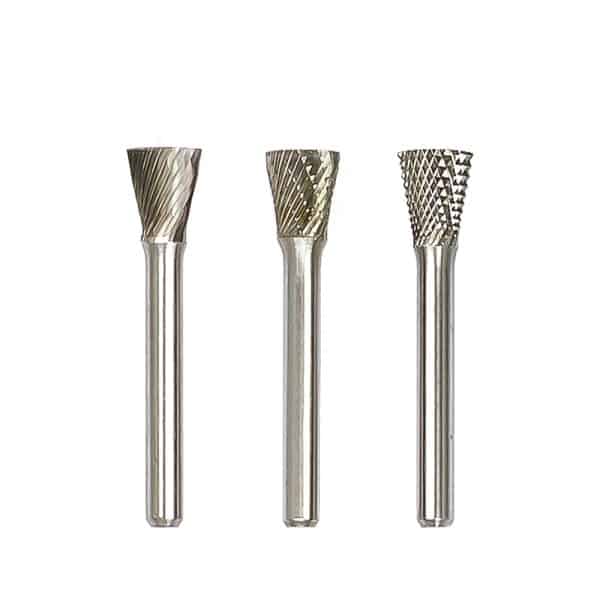 Type N Inverted Cone Tungsten Carbide Rotary Burr
Type N Inverted Cone Tungsten Carbide Rotary Burr -
 CCMT Turning Insert For Indexable Turning Tool Holder
CCMT Turning Insert For Indexable Turning Tool Holder -
 Precision Vernier Caliper With Nib Style & Standard Style Jaws Of Metric & Imperial For Industrial
Precision Vernier Caliper With Nib Style & Standard Style Jaws Of Metric & Imperial For Industrial -
 5C Round Collet With Inch and Metric Size
5C Round Collet With Inch and Metric Size -
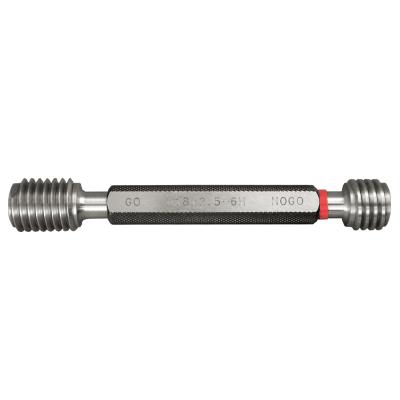 Metric Thread Plug Gauge 6H Accuracy With Go & NO Go
Metric Thread Plug Gauge 6H Accuracy With Go & NO Go -
 Outside Micrometer Set Of Inch & Metric For Industrial
Outside Micrometer Set Of Inch & Metric For Industrial -
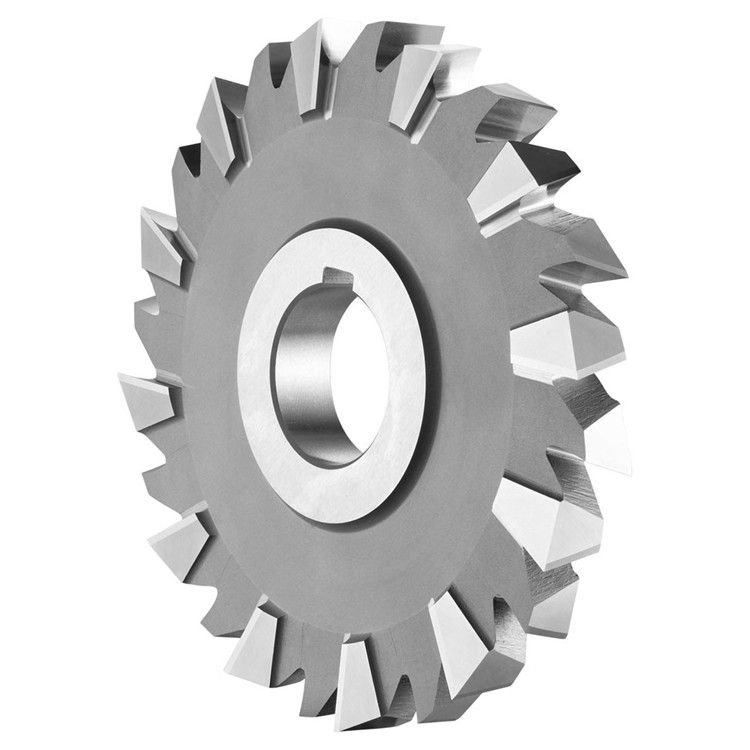 HSS Metric Side Milling Cutter With Bright Or TiN And TiAlN Coated
HSS Metric Side Milling Cutter With Bright Or TiN And TiAlN Coated -
 Single Wheel Knurling Tools With Straight Pattern For Industrial Type
Single Wheel Knurling Tools With Straight Pattern For Industrial Type -
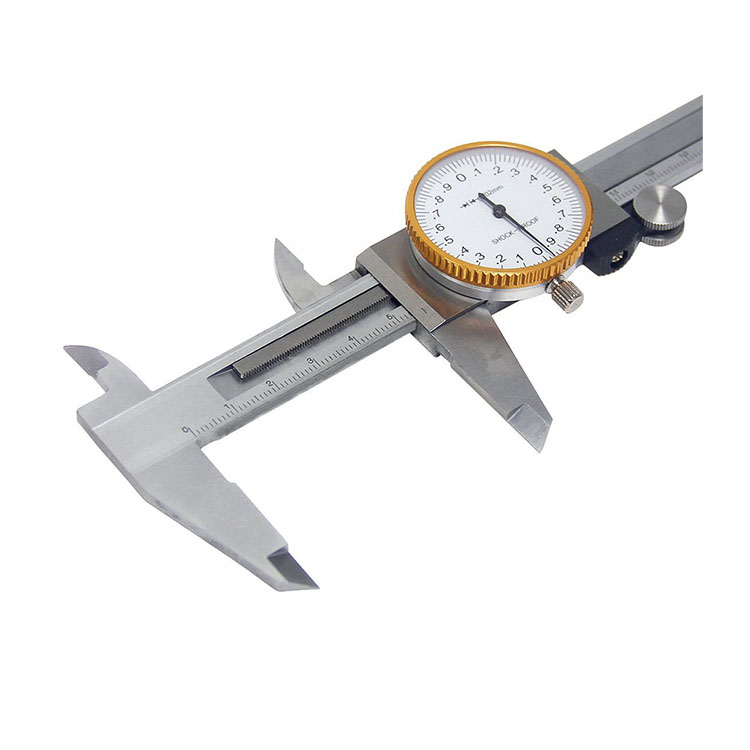 Precision Dial Caliper Of Metric & Imperial For Industrial
Precision Dial Caliper Of Metric & Imperial For Industrial -
 HSS ISO Metric Round Die Wieh Splite Or Adjustable Splite Type
HSS ISO Metric Round Die Wieh Splite Or Adjustable Splite Type -
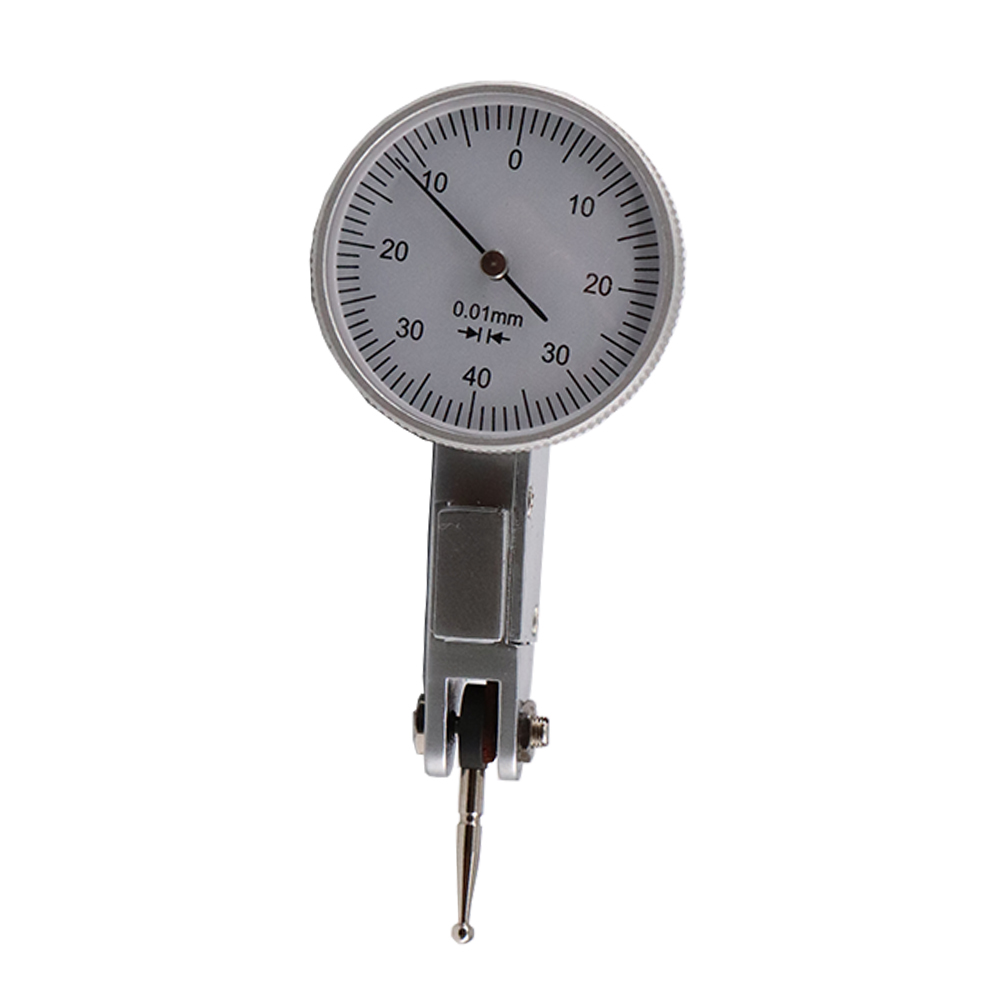 Precision Dial Test Indicator Gage For Industrial
Precision Dial Test Indicator Gage For Industrial -
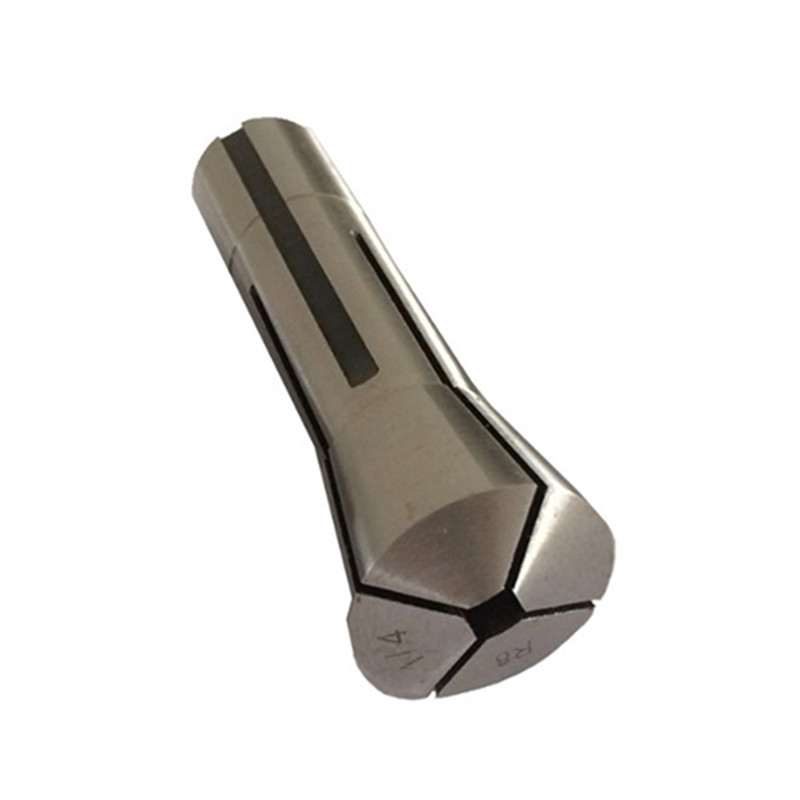 R8 Square Collet With Inch and Metric Size
R8 Square Collet With Inch and Metric Size
Related search
Related search- Dovetail End Mill Supplier
- calipers with long jaws Factory
- collet block
- machining tools Factories
- High-Quality milling machine arbor
- indexable copy face milling cutter Manufacturer
- PSBN turning tool holder Manufacturers
- external parting and grooving toolholders Manufacturer
- milling bit Supplier
- SSKC turning tool holder Factory

